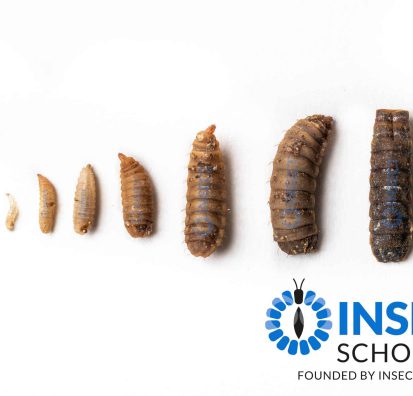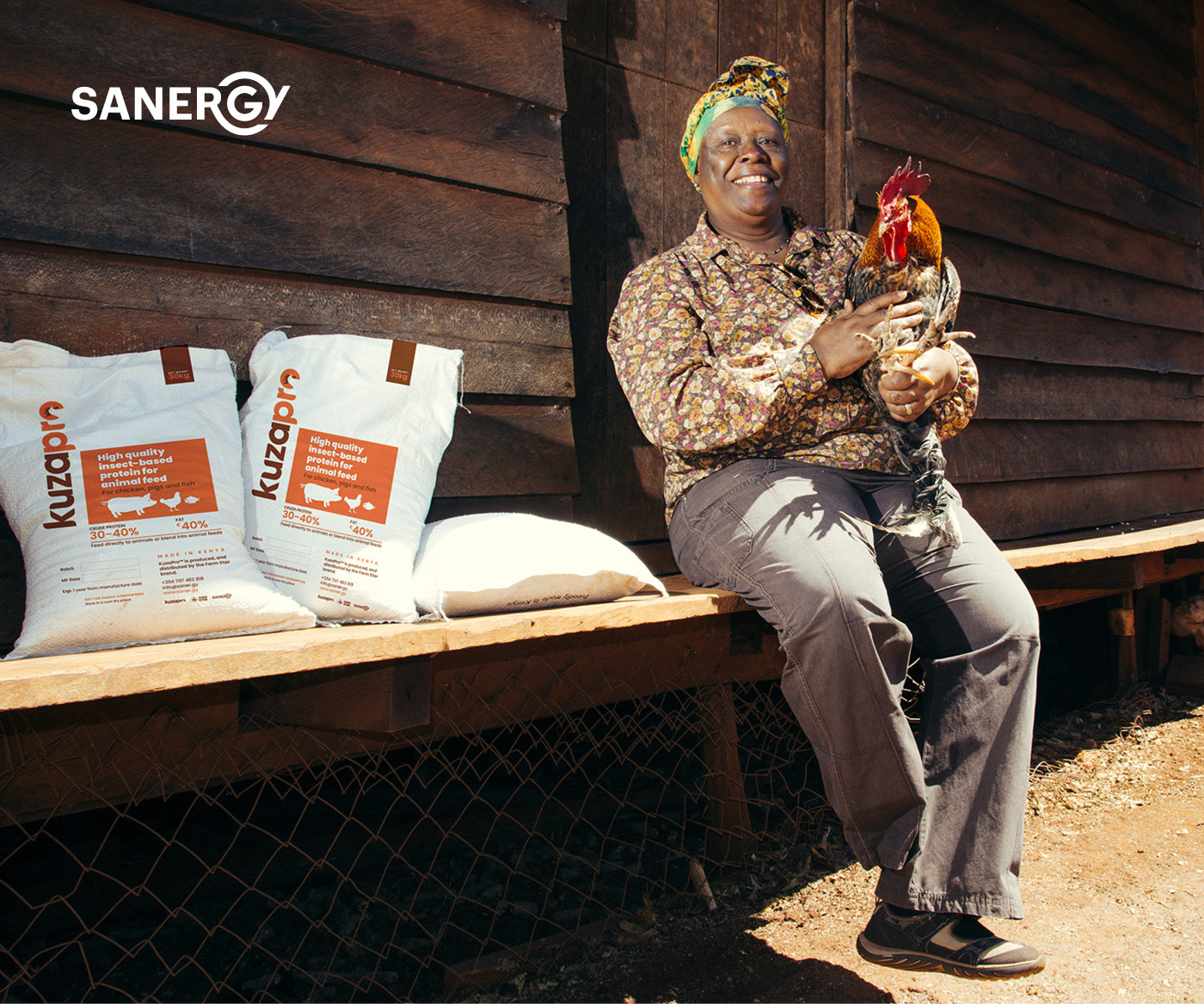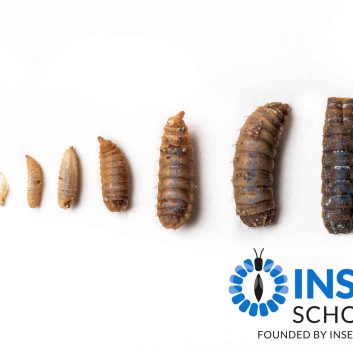Gardeners: How much thought have you given insect poop?
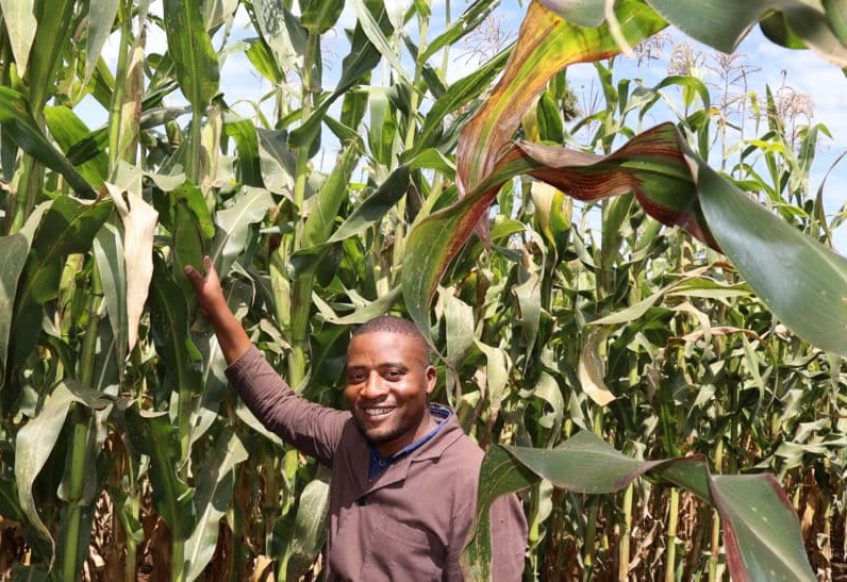
Have you ever pondered the significance of insect excrement in your garden? Chances are, like many, you’ve overlooked this aspect of nature’s cycle. However, contrary to popular belief, insects do indeed leave behind droppings, known scientifically as frass. While these tiny remnants may go unnoticed amidst your garden’s greenery, their impact on soil fertility and plant health is far more substantial than you might realize.
The Importance of Chitin: A Plant’s Shield and Sword
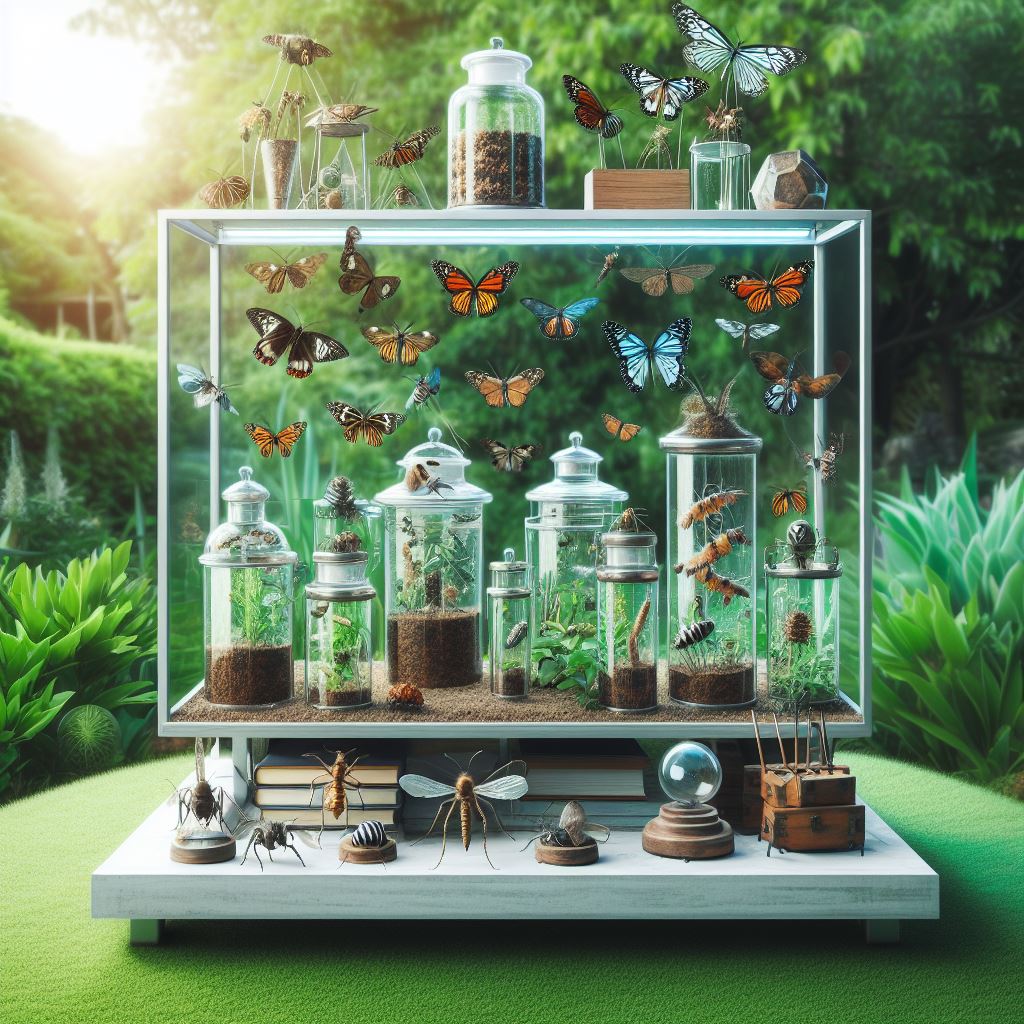
At the heart of insect frass lies chitin, a naturally occurring molecule present in the exoskeletons of insects and the shells of crustaceans. This compound, closely related to cellulose, plays a pivotal role in fortifying plant cell walls and activating their immune responses. When incorporated into fertilizers, chitin acts as a catalyst, prompting plants to heighten their defences against common adversaries like root-feeding nematodes and soil-borne pathogens. By mimicking insect predation, chitin stimulates plants to bolster their defences, preparing them to withstand potential pest infestations.
Understanding Insect Frass: Nature’s Compost
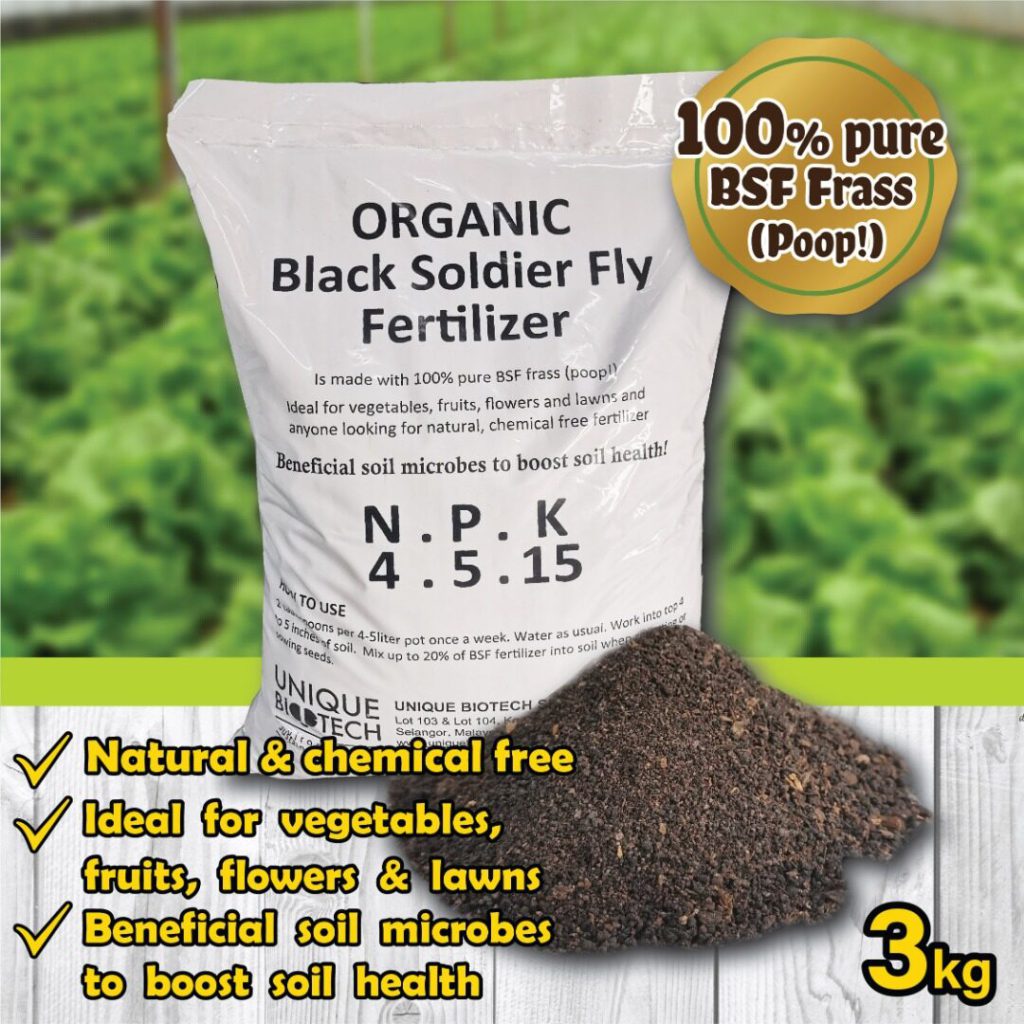
The term “frass” traces its origins to a German word meaning ‘devouring like a beast,’ reflecting the voracious appetites of leaf-munching insects. Similar to bat guano or worm castings, insect frass serves as a natural form of compost, derived entirely from the plant material consumed by herbivorous insects. Unlike conventional fertilizers, frass provides a well-rounded source of nutrients, essentially recycling digested plants back into the soil. This organic composition makes insect frass a high-quality soil additive, enriching garden plots and potted plants alike with essential nutrients and beneficial microbes.
Sourcing and Utilizing Insect Frass
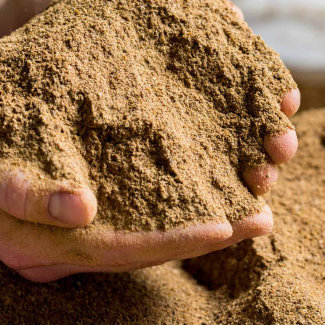
Insect frass is readily available in specialized garden stores, often marketed under various names such as cricket frass or mealworm castings. Its application varies depending on gardening requirements, from enriching raised beds to fortifying potted plants. By pre-mixing frass into soil or compost, gardeners can ensure optimal distribution of nutrients. Additionally, brewing frass tea extracts provides a convenient method for root drenching, delivering a nutrient-rich boost to plants.
Maximizing Benefits: Application Rates and Additional Tips
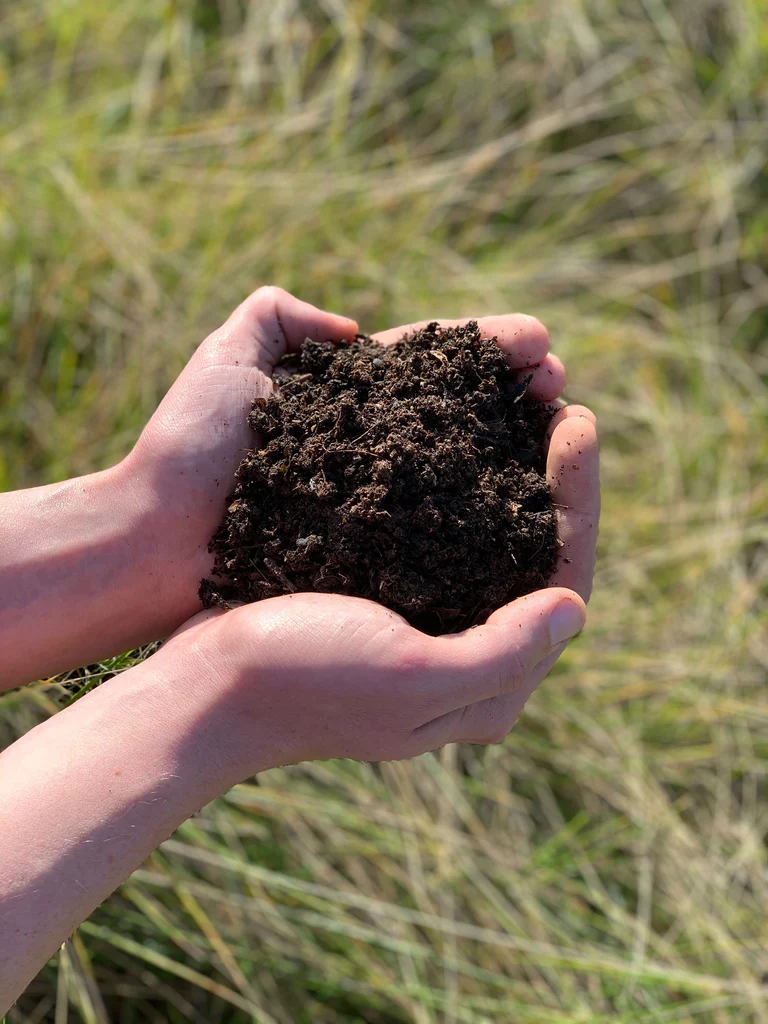
To maximize the benefits of insect frass, gardeners can follow specific application rates tailored to their gardening needs:
- For fertilizing raised beds, aim for a pound of insect frass per 20 square feet of garden space, gently incorporating it into the soil every few weeks throughout the growing season.
- When potting plants, add one cup of insect frass per cubic foot of potting soil, supplemented with occasional sprinklings for continued nourishment.
- To create an insect frass tea extract, combine half a cup of frass with a gallon of dechlorinated water and apply directly to plant roots within two hours of mixing.
In addition to these application guidelines, several tips can enhance the effectiveness of insect frass:
- Recognize that frass is not a pesticide but rather complements natural pest control mechanisms without harming beneficial insects.
- Embrace the presence of insect exoskeletons in frass, as they contribute to its nutritional value and efficacy.
- Exercise caution when using frass in hydroponic systems to prevent clogging and ensure smooth operation.
While the concept of insect frass may initially elicit scepticism, its transformative effects on garden health and vitality are undeniable. By harnessing the power of nature’s compost, gardeners can cultivate thriving ecosystems, fortified by the subtle yet profound contributions of insect droppings. So, the next time you tend to your garden, remember to acknowledge the unsung hero beneath your feet – the remarkable world of insect frass.
For more information about:
Insect Bioconversion of Waste, please contact us at the Insect School. https://www.insectschool.com/
Turnkey Insect Farms – https://www.insectengineers.com/bsfturnkey/production
If you would like to book BSF industry keynote speaker Bob Holtermans for your event – https://www.insectengineers.com/about-us/speaker-bobholtermans
